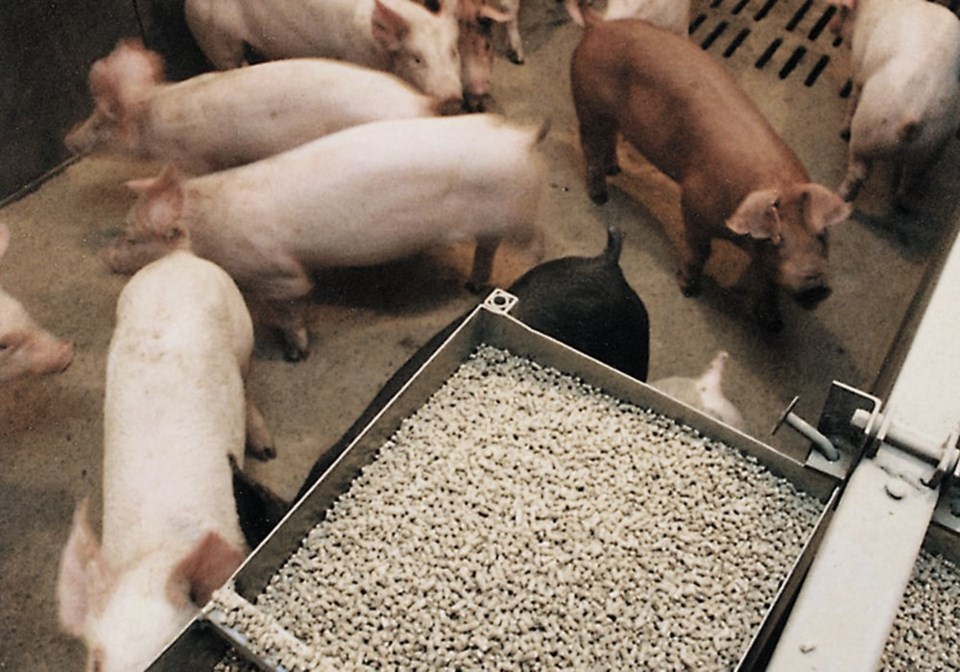Direct democracy may be a great idea but it can create unintended headaches.
Consider California’s Proposition 12, which establishes minimum space requirements for egg-laying hens, breeding pigs and veal calves. Its effects extend far beyond the state’s borders and therein lies one of the problems.
Under the new regime, pork sold in the state must come from producers that adhere to California regulations, whether that pork is sourced locally, from elsewhere in the country or from Canada.
This is problematic for producers. For example, most Manitoba open housing hog operations have 18 to 23 square feet per gestating sow, which falls short of Prop 12 requirements for 24 sq. feet per sow. Some producers could achieve compliance by reducing the number of sows in the barn, but that increases production costs.
California, though it boasts the largest economy in the union – nearly twice the size of Canada, with a population similar in size to this entire country – is still a single state. Several other states are considering measures similar to Prop 12, potentially leading to a confusing patchwork of rules and regulations that producers must navigate
Does any single state have the right to impose its regulations on others, the country as a whole and upon international trade? The matter is now before U.S. lawmakers, with proponents of Prop 12, including the Humane Society Legislative Fund, pushing against any changes that would water down the measure.
In the meantime, producers are in limbo, unsure how to adjust their operations or build new capacity.
At the root of all this contention is public demand about how livestock producers should operate, though many people likely don’t consider the consequences of what they ask, both for producers and themselves.
For example, California pork suppliers are scrambling to find enough producers of compliant pork to fill supermarket shelves, leading to dramatic price hikes. In an opinion piece for AgriPulse, Lori Stevermer, president of the National Pork Producers Council in the U.S., cites USDA figures that show prices for bacon, ribs and loins have risen by 16, 17 and 41 per cent respectively.
That said, University of California ag economist Daniel Sumner argues that people haven’t stopped eating pork. In his presentation at the USDA Outlook Conference in February, he reported a few consumers have instead switched to less expensive products such as sausage and cooked ham that fall outside the regulations.
This is consistent with findings from a Purdue University survey released in August 2023 that found consumers will buy less pork when prices rise but will more readily accept these premiums when they are caused by animal welfare regulations.
This suggests that in general, people are willing to pay an “ethical premium” for their food, something borne out by wide support for Prop 12 itself.
California is one of about two dozen American states that allow citizens to create propositions that are included in elections. The state has one of the highest bars to get a proposition on the ballot, at nearly one million signatures.
Prop 12 passed with 63 per cent of the vote in 2018. The associated regulations came into force in 2022 with compliance expected by mid-2023.
It seems the people there have spoken and they are willing to pay for what they want.
Karen Briere, Bruce Dyck, Barb Glen, Michael Robin, Robin Booker and Laura Rance collaborate in the writing of Western Producer editorials.




